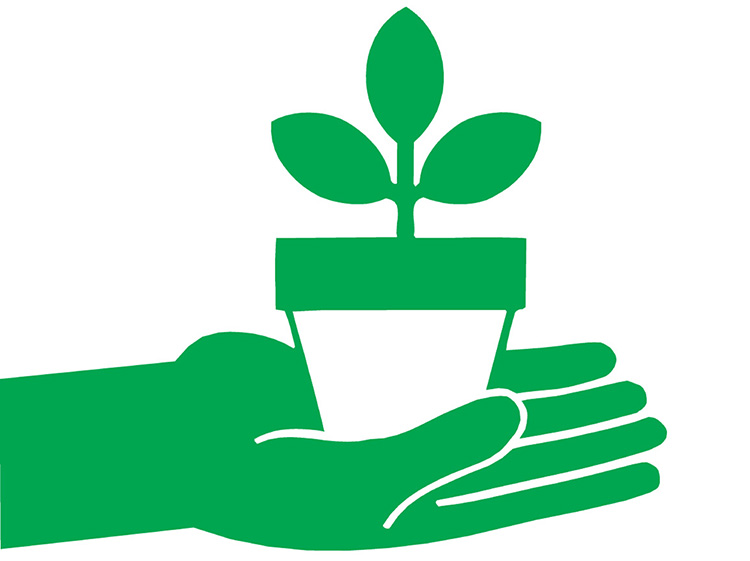
By Mary Jane Frogge, Extension Associate in Lancaster County
January is a good time to review your vegetable garden plans. Perhaps a smaller garden with fewer weeds and insects will give you more produce.
Check young trees and shrubs for rodent or rabbit damage. Prevent injury with fencing or protective collars.
To prolong bloom, protect poinsettias from drafts and keep them moderately moist.
Check stored fruits and vegetables such as potatoes and apples for bad spots which may lead to decay. Remove and use those which show signs of spoiling. Separate others into slotted trays or bins to increase air circulation and reduce decay possibilities.
Avoid heavy traffic on the frozen, dormant lawn. The crown of the plant may be severely damaged or killed.
Brush snow from evergreens as soon as possible after a storm. Use a broom in an upward, sweeping motion. Serious damage may be caused by heavy snow or ice accumulating on the branches.
January is a good time to order flower and vegetable seeds. Many varieties sell out early.
Turn and prune house plants regularly to keep them shapely. Pinch back new growth to promote bushy plants.
Check all house plants closely for insect infestations. Quarantine gift plants until you determine they are not harboring any pests.
Add garden record keeping to the list of New Year’s resolutions. Make a note of which flower and vegetable varieties do best and which do poorly in your garden.
Use sand instead of salt for icy spots on the sidewalk.
Feed the birds regularly and see that they have water. Birds like suet, fruit, nuts and bread crumbs,as well as bird seed.